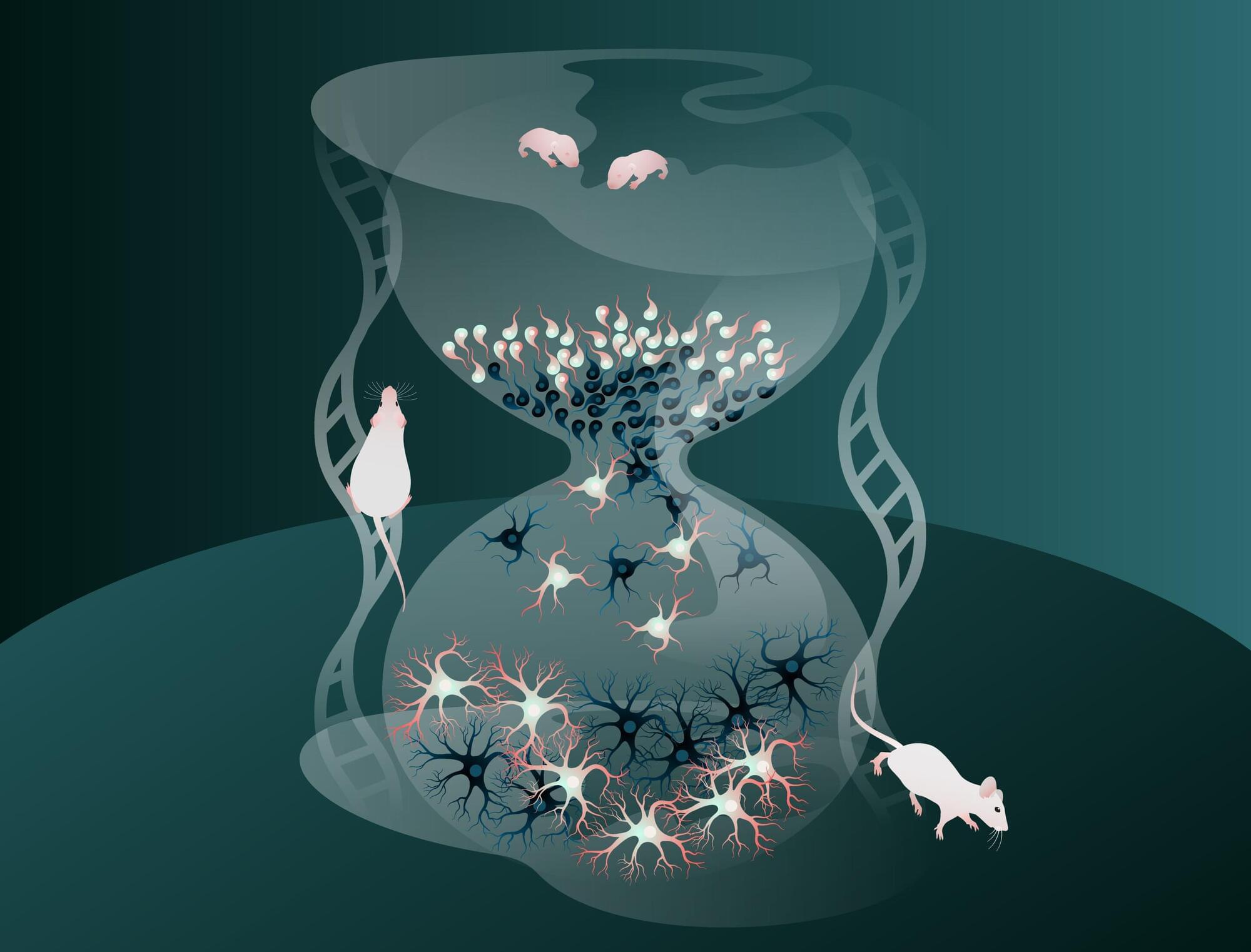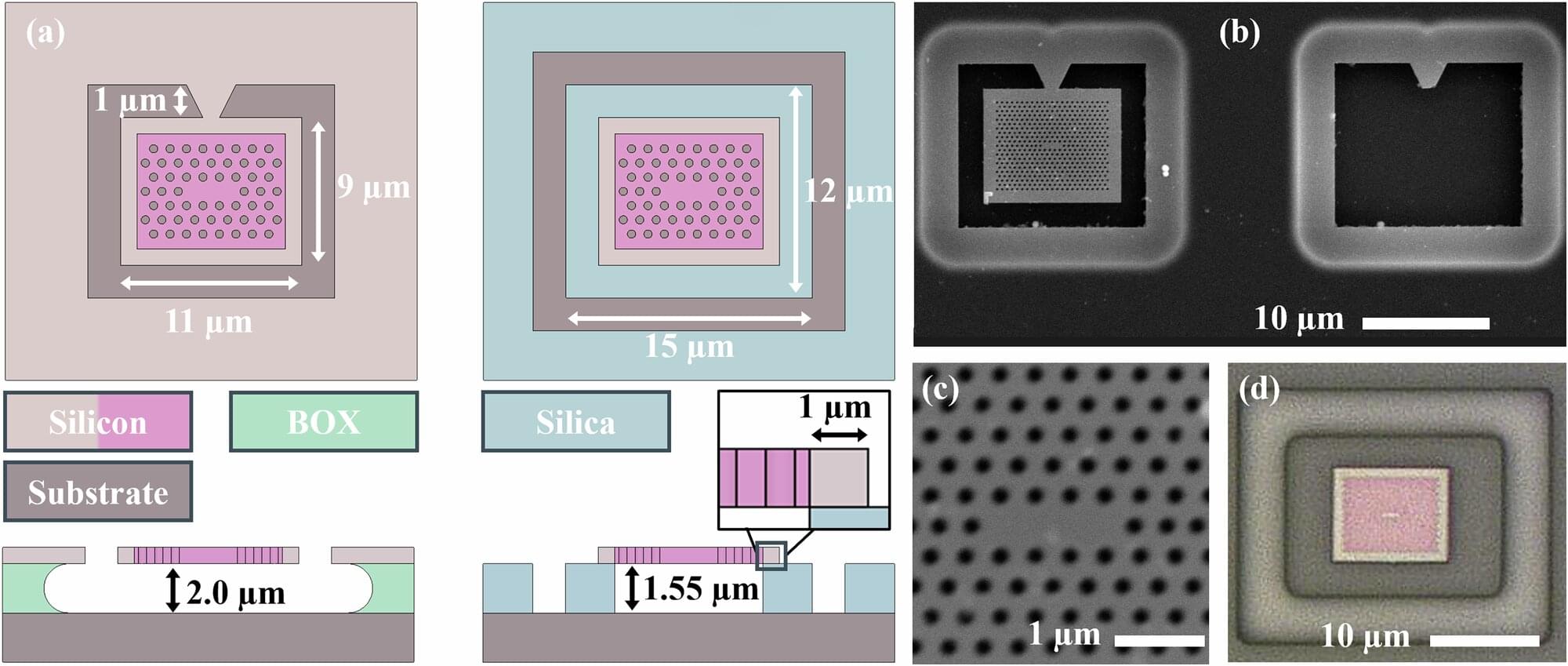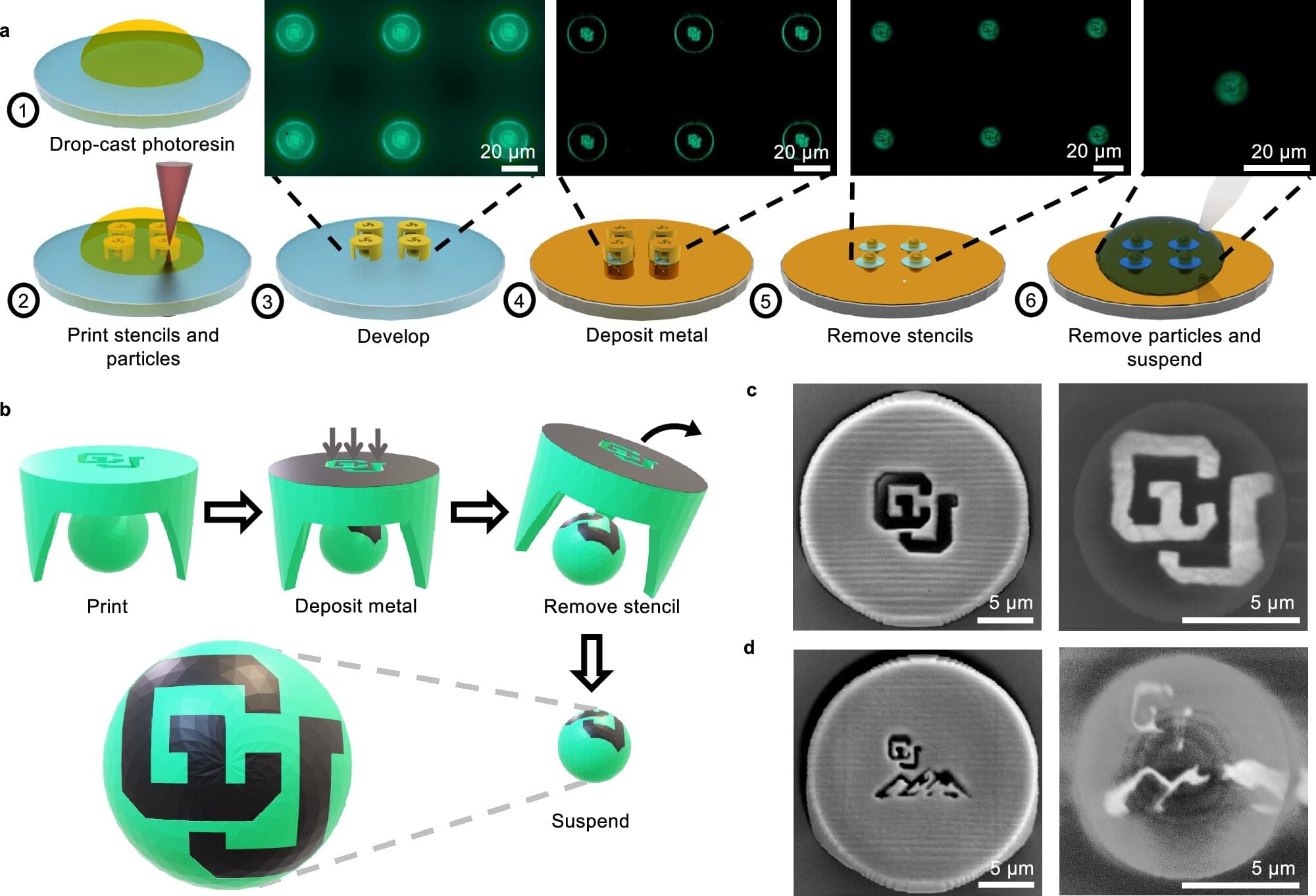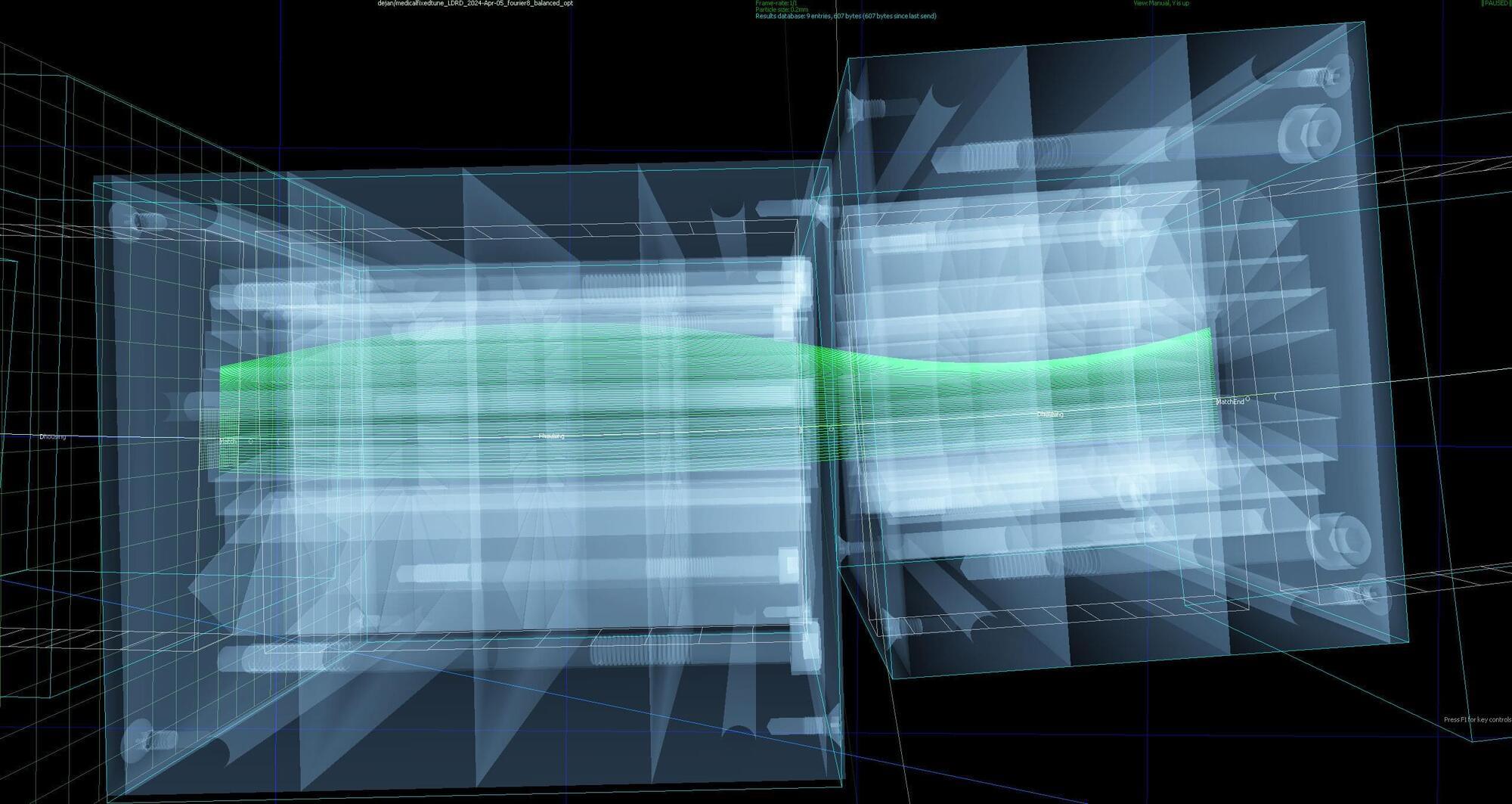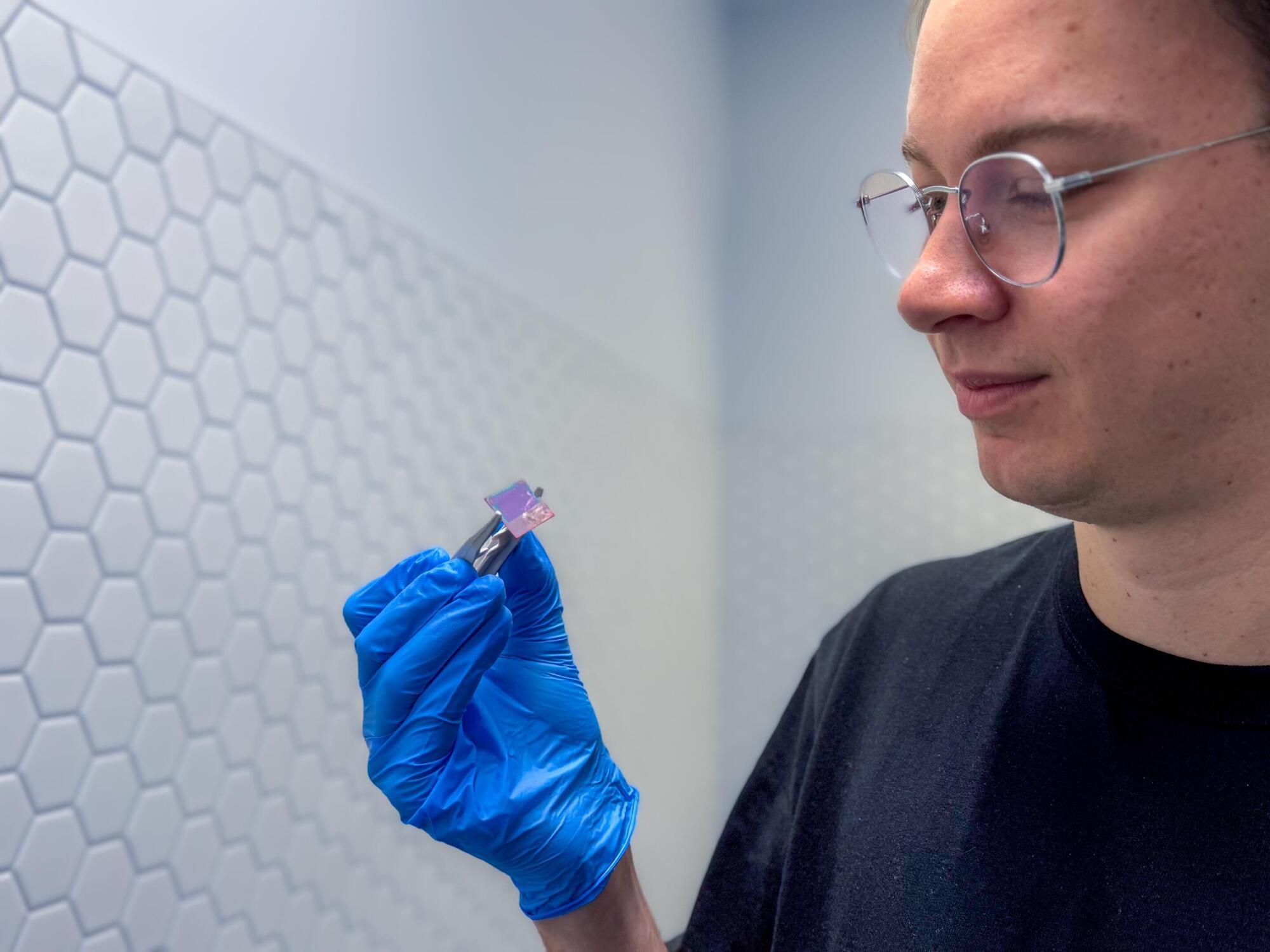The human brain is made up of billions of nerve cells (neurons) that communicate with each other in vast, interconnected networks. For the brain to function reliably, there must be a fine balance between two types of signals: Excitatory neurons that pass on information and increase activity, and inhibitory neurons that limit activity and prevent other neurons from becoming too active or firing out of control. This balance between excitation and inhibition is essential for a healthy, stable brain.
Inhibitory neurons are generated during brain development through the division of progenitor cells—immature cells not yet specialized but already on the path to becoming neurons. A new study, led by researchers at the Max Planck Institute for Biological Intelligence, has uncovered a surprising feature of brain development based on findings in mice: During this essential process, cells born later in development mature much more quickly than those produced earlier.
The findings are published in the journal Nature Neuroscience.
